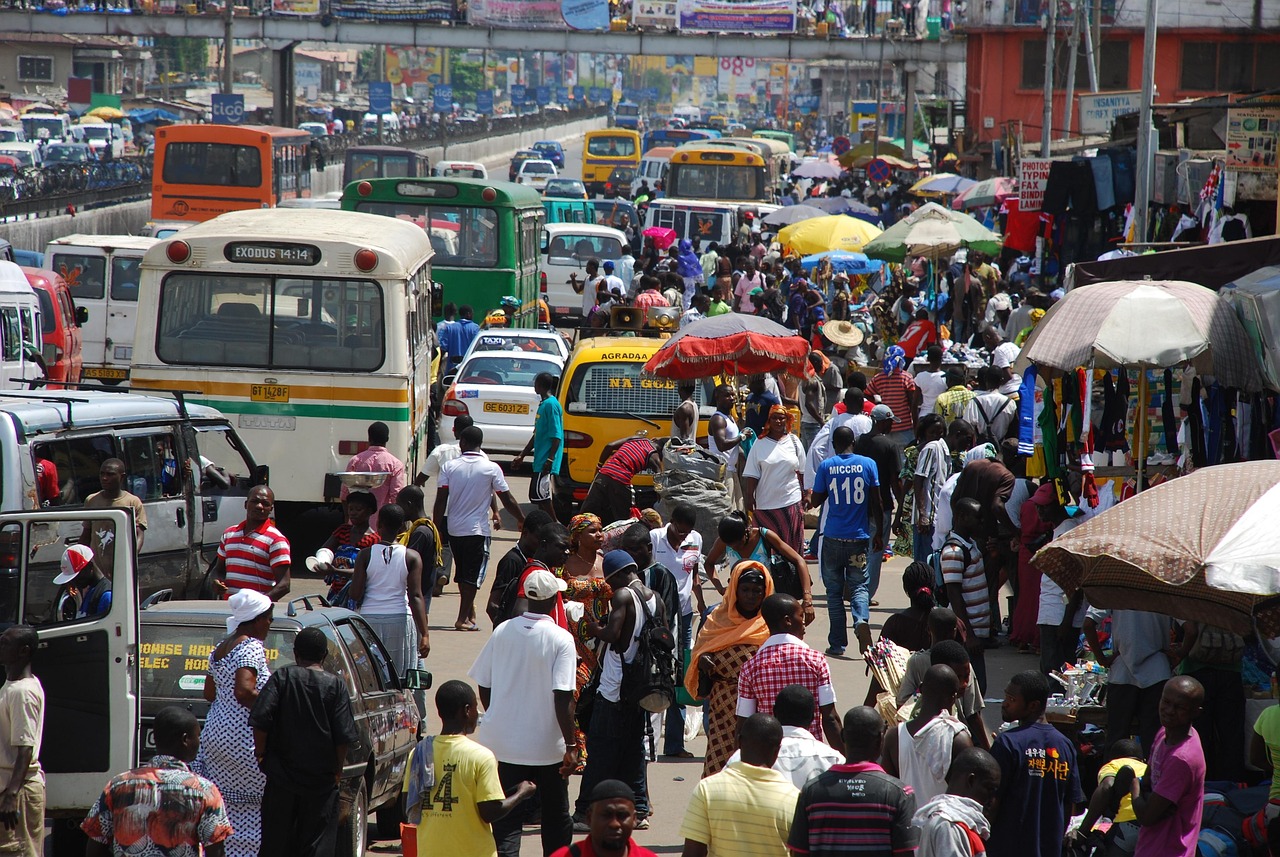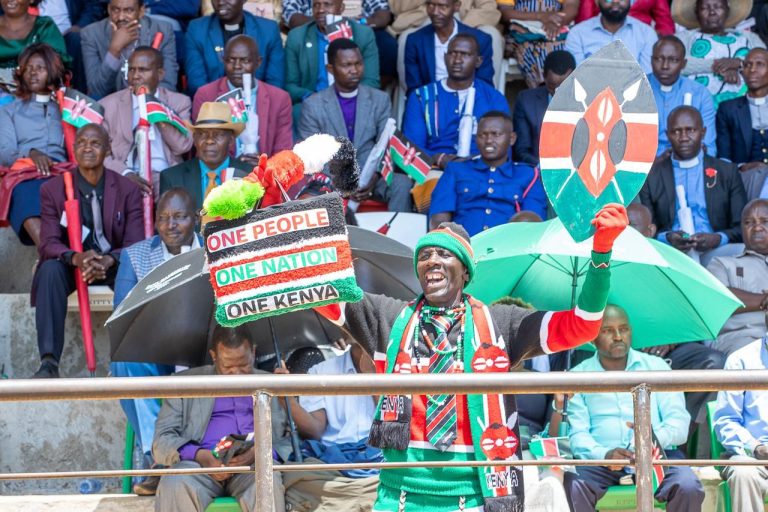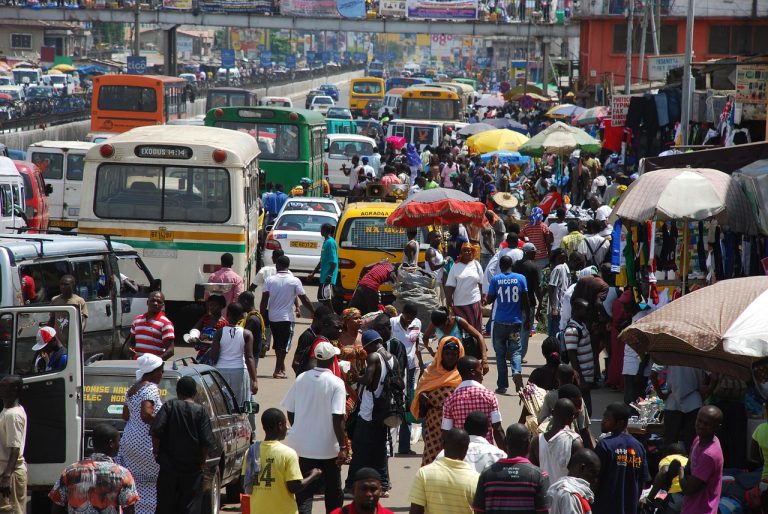- Ghana’s T-bill auction oversubscribed by 23.5%
- Investor confidence rises after IMF programme review
ACCRA, GHANA – Ghana’s short-term debt market has rebounded strongly as treasury bills were oversubscribed by 23.5%, signalling renewed investor confidence following the country’s latest IMF review.
The Bank of Ghana said the government had targeted GH¢5.269 billion ($440 million) but received bids totalling GH¢6.507 billion ($544 million), accepting GH¢6.33 billion ($529 million). The strong participation marks a sharp turnaround after two weeks of undersubscription, easing concerns about domestic financing pressures.
Analysts say the surge reflects growing optimism after Ghana successfully completed the Fifth Review of its IMF-supported $3 billion programme, which has reassured investors about the country’s fiscal discipline and debt sustainability.
Investor appetite and yield movements
Short-term maturities continued to dominate investor interest, led by the 91-day bill, which accounted for over 83% of total bids. The government accepted nearly all of the GH¢5.415 billion tendered.
For the 182-day bill, bids reached GH¢941.7 million, with GH¢786.7 million accepted. The 364-day bill also saw demand, with GH¢150.4 million in bids and GH¢140.4 million accepted, data from the central bank showed.
Yields were largely stable. The 91-day bill rate edged up by 6 basis points to 10.53%, while the 182-day yield dipped slightly to 12.30% from 12.35%. The 364-day yield rose 9 basis points to 12.87%, suggesting investors continue to favour slightly longer tenors amid expectations of stable inflation and improved liquidity conditions.
“The treasury market has long been a vital financing source for the government, especially with limited access to international capital markets,” said Nelson Cudjoe Kuagbedzi, Head of Finance at Merban Capital Ltd. “The latest auction results show that local appetite remains strong, particularly among banks and fund managers who prefer short-term instruments due to lower risk and quick liquidity turnaround.”
IMF confidence and domestic stability
The IMF’s endorsement appears to have strengthened sentiment across Ghana’s fixed-income market. The Fund’s review, completed in early October, confirmed steady progress under the economic recovery plan, including tighter fiscal controls, improved revenue mobilisation, and a stabilising currency.
Economists note that Ghana’s single-digit inflation, projected 4.8% GDP growth in 2026, and relative exchange-rate stability have boosted confidence in cedi-denominated assets. These gains come as the government continues to rebuild credibility following last year’s debt restructuring.
Market observers caution, however, that sustained stability will depend on disciplined fiscal management. “The government must balance debt-servicing costs with its fiscal targets to maintain investor confidence,” Kuagbedzi said.
The upbeat auction results come as the finance ministry prepares its 2026 budget, expected to focus on debt consolidation and boosting domestic revenue while reducing reliance on short-term borrowing.











